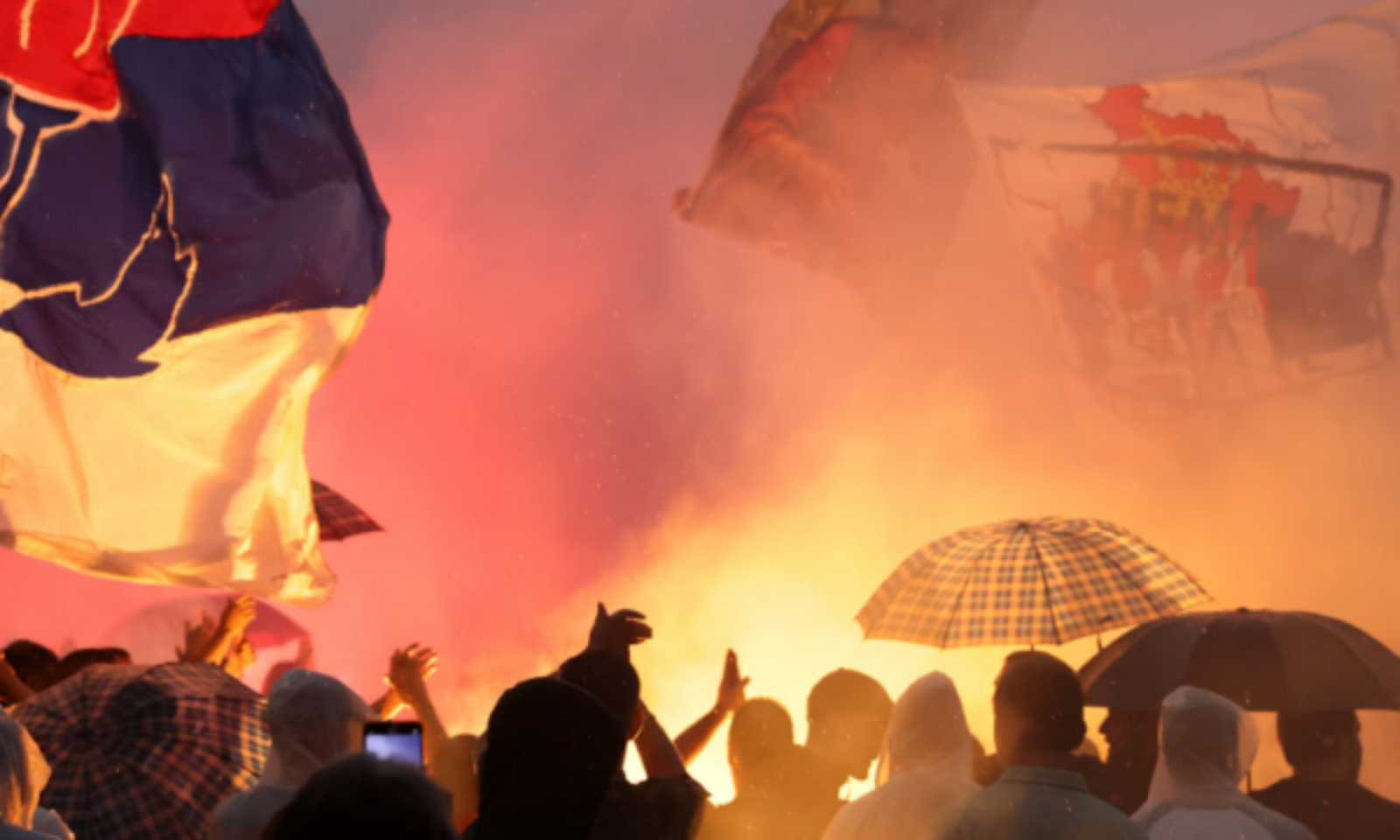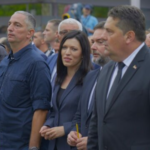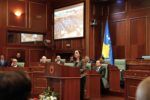Organizers of a festival designed to promote cultural exchange between Kosovo and Serbia say Belgrade authorities have bowed to pressure from hooligan groups by banning this year’s event.
In a statement released Thursday afternoon, Belgrade police cited security concerns as the reason for canceling the Miředita Dobar Dan (meaning “Good Day” in Albanian and Serbian) event, which was scheduled to begin yesterday in the capital. Serbian, the British daily “The Guardian” wrote about yesterday’s event in Belgrade, Gazeta Express reports.
However, the groups of young people from Serbia and Kosovo who organize the festival accuse the Ministry of the Interior of Serbia of not protecting them from groups of nationalist hooligans, who surrounded the space where the festival was to be held and intimidated its participants.
“During our presence in the area where the festival was supposed to be held under police supervision, the hooligans managed to put a padlock on the back entrance, effectively creating a situation where people are being held hostage in front of the MUP [Ministry of Internal Affairs of Serbia] members who claim they cannot intervene,” organizers said in a statement.
Days before the start of the festival, messages like “Get out!” and “You are not welcome!” were drawn on the outside of the venue where the festival was scheduled to take place, they added.
Initiated in 2014 to overcome ethnic divisions intensified by the 1998-99 war between Kosovo and Serbia, Dobar Dan Day would celebrate its 10th anniversary this year.
His cancellation comes amid signs of rising nationalism and a crackdown on liberal voices in the region. Last month, tensions were intensified by a resolution at the United Nations to mark July 11 as an international day of remembrance for the 1995 genocide in Srebrenica, Bosnia and Herzegovina, which Serbian leaders have described as an unprecedented attack on the people. Serbian, continues the report The Guardian.
Belgrade does not recognize the declaration of independence in 2008 by its former province, Kosovo, which is mainly ethnic Albanian.
“Unfortunately, the banning of the festival was very predictable,” said playwright Jeton Neziraj, whose play Babai and Babai was to open the event on Thursday.
“For the last six years, Serbian politics has invested heavily in efforts to present any cultural cooperation between Kosovo and Serbia as a Trojan horse, stigmatizing it for domestic populist purposes,” Neziraj told the Guardian.
Belgrade’s mayor, Aleksandar Shapiq, said earlier this month that he was “expressly” against holding the festival in his city, claiming that its organizers were falsifying history by denying that Kosovo was Serbian.
“Under the cover of cultural activities, they always directly question the cultural and historical heritage of Serbia and our people,” he said.
“Serbian politicians have criticized the festival, which was to be held from June 27 to 29, for coinciding with Vidovdan, a national and religious holiday on June 28 that commemorates the holy Serbian martyrs who fell during the Battle of Kosovo in 1389. Festival organizers they had no public events planned for that day,” The Guardian concludes.







